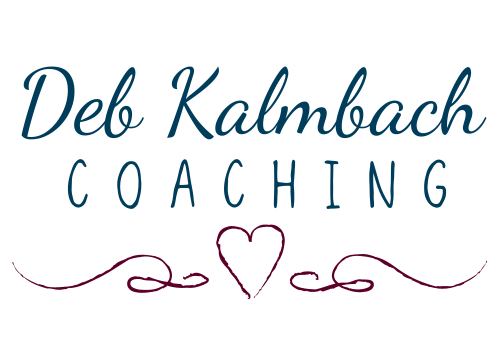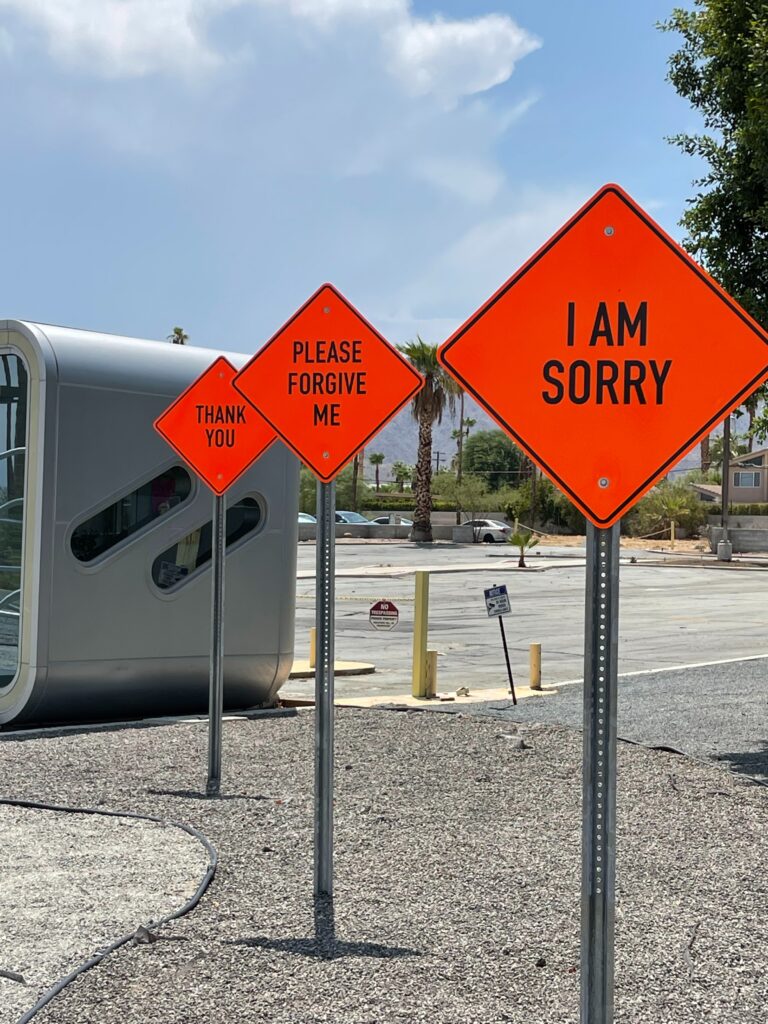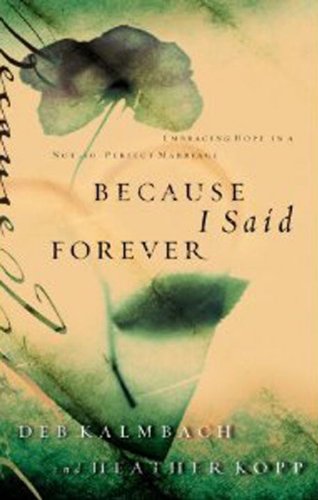I recently had the privilege of presenting a workshop titled “The Art of Apology.”
I used the word art —because art indicates a skill or something that needs to be learned, perfected, and practiced. Apologizing doesn’t come naturally to most of us. There seems to be something deeply ingrained that shouts, I want to be right at all costs!
When I got married 50+ 1 years ago, at the tender age of 18, my expectations about marriage topped the unrealistic charts. I’d bought into our culture’s ideas about love. Way back in 1970, the trendy advice for young couples? All you need is love (all together now!)– or the famous line from the movie, “Love Story” where the young-in-love-couple comes up with this brilliant deduction: Love means never having to say you’re sorry. Really? After Randy and I had been married for only a short time, I learned I had to say “sorry” a lot.
But there’s a big difference between saying you’re sorry and apologizing. It’s easy to say “sorry,” but much more difficult to admit you were wrong. How often a poorly put apology leads to yet another offense and more arguing! We all know what it’s like to receive an apology that doesn’t deliver because it’s mixed with accusations or excuses. “I’m sorry you saw it that way” or “I’m sorry I yelled, but if you hadn’t…”
The 4 A’s of a Good Apology
A good apology contains certain key elements. You can think of these as the Four A’s.
Admission: “I was wrong!” Even if you feel like your mouth is stuck with peanut butter, say the words. Even if you weren’t the only one who was wrong, own your part in the misunderstanding or offense.
Affirmation: “I understand that you feel angry and hurt.” We all like to know we’ve been heard, and that our reaction is understood.
Apologize: “I’m sorry I did that. I am going to try not to make this mistake again.” A commitment to change or to try to avoid the offense in the future reaffirms that you regret what you did or said.
Ask forgiveness: “Please forgive me!” This isn’t a demand, but a sincere appeal for forgiveness, not to be withdrawn if our spouse needs more time or talking.
“’I am sorry, will you forgive me?’ are seven of the greatest words conveyed when genuinely expressed in brokenness. Given the choice between extending grace or prolonging conflict, it is usually best to fall on the side of grace.”
How hard these steps can be! Especially if you think you weren’t the only one wrong. So here’s the million dollar question:
Why should I be the one apologizing?
Why? Because you love your spouse and your relationship more than being right. Here’s a challenge: Give your spouse the same kind of apology you would like to receive. Make it sincere. A well-worded and well-intentioned apology can be miraculous.
Therefore, confess your sins to each other and pray for each other so that you may be healed. (James 5:16)
So much of this communication involves a mindset that says: I’m going to be intentional about my responses.
Marriage is a mindset, that is willful, intentional and deliberate. A mindset that understands, by definition, marriage is a lifelong commitment. Marriage is an intentional choice. It doesn’t stop at “I do.” Marriage is a purposeful decision to choose the other person over and over again. –Lauren DeBellis Appell
Is it easy? NO! Is it worth it? Yes—in countless ways. This requires humility…not keeping score or a record of wrongs. There is power in responding with unconditional respect.
Author Gary Thomas asks these tough questions:
- Can you maintain a nurturing attitude instead of a judgmental one?
- Or will you freeze your spouse in his/her weakness with judgment, resentment, condemnation, and criticism?
We might pray this prayer: Lord, help me to own what wrongs I can—even if I imagine a huge pile of wrongs on his/her side of the fence! And help me learn and practice the “art of apology.”
- Article excerpted from Because I Said Forever (Deb Kalmbach and Heather Kopp)





